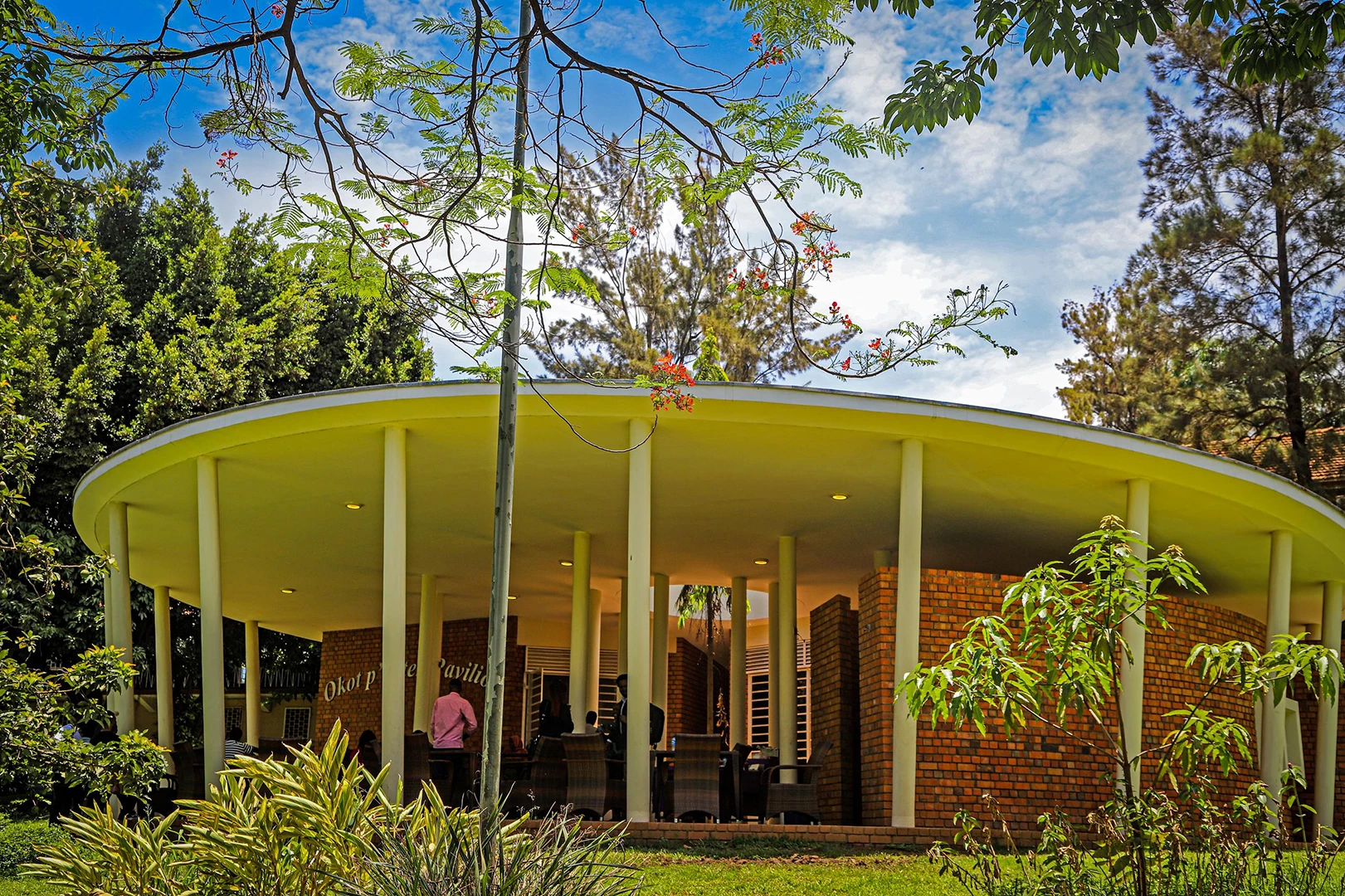
Introduction
Established in 1948, the Makerere Institute of Social Research (MISR) is a research unit under the College of Humanities and Social Sciences (CHUSS) at Makerere University. MISR launched its novel interdisciplinary MPhil/Ph.D in Social Studies in 2012, a program founded on the principle that tomorrow’s researchers and higher education leaders need to be trained in the same conditions in which they will work, and it is only through an interdisciplinary, course-work based curriculum that new knowledge can encompass the context in which it is being produced, and thus provide novel answers to questions that are posed on the ground. MISR is committed to endogenous knowledge creation and to generating a pool of high quality and strategic thinkers for the country and the region who can think the world from various disciplinary and geographical locations
At the heart of the MISR Programme are three key elements. These include teaching (through weekly classes, colloquiums, and seminars), research groups, and research dissemination. These elements of the institutional life at MISR are connected in such an intricate way that teaching and research are linked. Our weekly classes and seminars are consistently nourished by research conducted by staff and students of the institute. Even as we do this, we continue to ensure that research groups maintain a taught element as each research group is at the same time a reading group. Our research groups pool these seamlessly as each research group is organized around three elements - reading groups, fieldwork (archival, ethnographic and desk-based) and research dissemination through the MISR working papers, the MISR Review journal and other publication outlets. This connection between teaching and research is core to our work at MISR, and together constitute the MISR Model.
The MISR Model is built around a 3-Year MPhil component and a 2-Years Doctoral Research and Writing component. Students undertake full time coursework during the first two years and during their third year, take a Research Colloquium that brings together students and the entire teaching faculty. The Colloquium is preparatory to writing Comprehensive Examinations and a doctoral proposal. As part of their overall training, 3rd Year students also conduct undergraduate tutorials in various departments in the college of Humanities and Social Sciences at Makerere. Students undertaking doctoral studies spend a fourth year doing field work and their fifth and final year on dissertation writing. As of 2024, the program has produced 18 PhD Graduates.
At MISR’s core is a rigorous research agenda. Its mission is to build a sustainable research culture that seeks to move away from answering questions others have posed towards formulating the question itself Research at MISR has been institutionalized through a process of rigorous intellectual inquiry, exchanges and debates both within and outside the classroom. Research is structured through a number of core research groups that foster collaborative research, publications and seminars between students and faculty, and between the Institute and the broader research and policy community in Uganda and beyond. Research faculty are also engaged in individual research projects, currently including: political violence and notions of justice; migration; gender and sexualities; labor organization and resource extraction. The MISR teaching and research faculty is comprised of Research Fellows who have an exclusive appointment at MISR, Research Associates who hold joint appointments at MISR and in a disciplinary department in the College of Humanities and Social Science, Visiting Research Fellows on a semester or year-long appointment and Postdoctoral Fellows. A hallmark of MISR’S research culture is the Wednesday Seminar Series which draws participation from the scholarly and research communities at MISR, Makerere, civil society and the wider public.
Strategic Objectives
MISR’s overall objective is to promote interdisciplinary research as a means of understanding the articulation of local and global processes from the vantage point of Africa. To accomplish this, the program seeks to:
Develop an interdisciplinary postgraduate program that produces researcher and research that is contextually grounded and socially relevant;
Broaden the parameters of social debate on key issues of scholarly significance and societal concern;
Expand and strengthen the information, translation and publication system that can extend the flow of information of socially critical issues in the major languages spoken in Uganda;
Broaden MISR’s outreach services and thereby develop organic linkages with the local policy, activist and research communities;
Strengthen the organizational and management structures of MISR in line with its expanding human and physical resources;
Strengthen internal mechanisms for monitoring and evaluation.